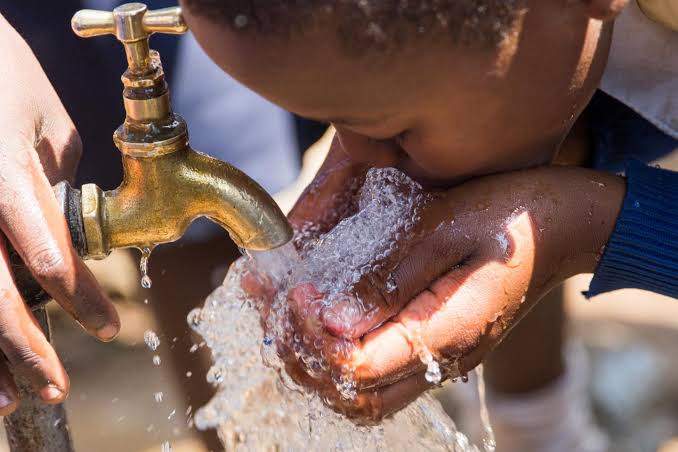One person dies every hour in Ghana from Water Sanitation and Hygiene (WASH) related diseases that are preventable.
The United Nations (UN) has called on authorities to, as a matter of urgency, salvage the situation by increasing investment in the WASH sector to make safe water accessible to every member of the public.
The Chief WASH, United Nations Children’s Fund (UNICEF) Ghana, Mr Ramesh Bhusal, who revealed this at an engagement with the media ahead of UN’s 2023 Water Conference, said poor sanitation conditions posed serious public health risks, therefore prioritising WASH services in the country would help save lives.
He stated that Sub-Saharan Africa was far behind the global average, where one in three people still relied on unprotected water sources and two to three persons used unsafe sanitation facilities.
He described the sanitation situation in Ghana as very poor with only 25 per cent of the population having access to basic services, about 57 per cent using shared public facilities and 18 per cent openly defecating.
According to Mr. Bhusal, water was vital to every aspect of human survival and well-being, the economic development and prosperity of every nation.
While there were reasons to celebrate remarkable achievements the world had made in improving access to water and sanitation, he noted that the progress made so far was “generally slow and highly inequitable,” especially for Sub-Saharan Africa.
He expressed the fear that due to Ghana’s proximity to the Sahel Region and position as a safe haven for people displaced from the Sahel, the country was going to face more problems relating to the already inadequate WASH services, especially in the Northern regions.
A representative of the Council for Scientific and Industrial Research (CSIR) Water Research Institute (WRI), Dr Anthony Yaw Karikari, on his part described Ghana as water-stressed country, saying, the proportion of people living in communities where there was scarcity of water kept growing.
He stated that with the increase in human activities, especially illegal mining around rivers, water sources were becoming polluted and could not be used for drinking and other purposes without treatment.











